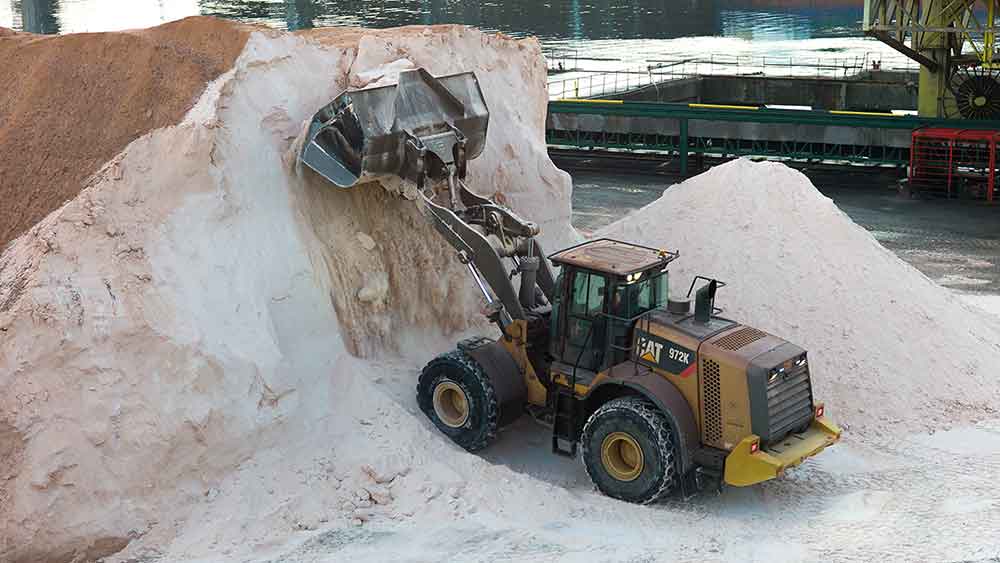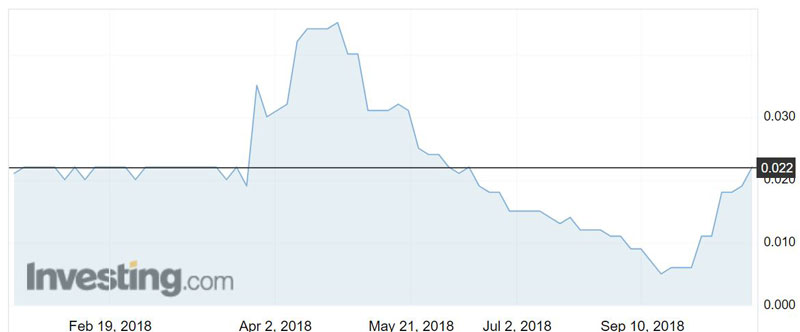Kazakhstan Potash takes control of big potash mine; shareholders give thumbs up

A mountain of potash. Pic: Getty
Kazakhstan Potash’s shares got a kick today after it took control of a massive potash deposit in Kazakhstan.
The stock added 16 per cent to trade at 2.2c after the potash explorer (ASX:KPC) told investors its chair and two directors had joined the board of the potash desposit’s owner Satimola Limited.
Kazakhstan Potash chair Madam Freada Cheung Kwan was appointed chair of Satimola. Terence Wong and Marco Marcou, who were previously appointed as Kazakhstan Potash representatives, joined as directors.
Four Satimola directors stepped down and Kazakhstan Potash’s directors now constitute the majority of the board.
The company made a play for Satimola in late October, offering cash of $US580,518 ($793,368) and to settle about $3.5m worth of debts.
The deal would only go ahead if Kazakhstan Potash amassed a 51 per cent stake in Satimola.

Kazakhstan Potash revealed last week that shareholders holding “well in excess” of 51 per cent and the six largest convertible note holders had accepted the offer.
The Satimola deposit is located in the West Kazakhstan Province, 220km north of the Ural River port of Atyrau near the Caspian Sea and 70km north of the town of Inderbor.
It is believed to be one of the largest potash deposits in Kazakhstan, hosting 6 billion tonnes of 15.5 per cent potassium oxide.
- Subscribe to our daily newsletter
- Bookmark this link for small cap news
- Join our small cap Facebook group
- Follow us on Facebook or Twitter
Potash comes from salts that contain potassium in water soluble form. It is used as a fertiliser.
There are two commonly used fertilisers – muriate of potash (MOP) and sulphate of potash (SOP).
MOP is the most common (around 90 per cent of the world’s potash) and is used on a variety of crops. However, the more chloride-sensitive crops like avocados, coffee beans and cocoa require SOP – which fetches $US270 per tonne more than MOP.
The global potash market is estimated to be around 75 million tonnes.
Demand is set to increase as the global population grows to around 8 billion by 2023.
UNLOCK INSIGHTS
Discover the untold stories of emerging ASX stocks.
Daily news and expert analysis, it's free to subscribe.
By proceeding, you confirm you understand that we handle personal information in accordance with our Privacy Policy.








